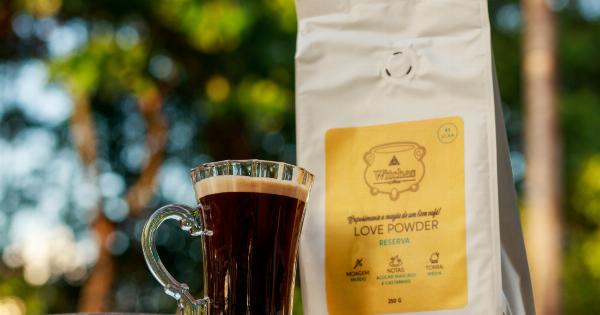Gastroesophageal reflux disease (GERD) is a condition in which the acid from the stomach flows back into the esophagus, causing symptoms such as heartburn, chest pain, and difficulty swallowing.
One of the most common triggers of GERD is the consumption of certain foods and drinks, including coffee.
What is Coffee?
Coffee is a popular beverage that contains caffeine, a natural stimulant that can have positive effects on the body, including increased alertness, improved cognitive function, and a boost in metabolism.
Coffee is made by roasting the seeds (or beans) of the Coffea plant and then brewing them in hot water. Coffee comes in many different varieties and can be prepared in several ways, such as drip coffee, espresso, or cappuccino.
The Acid Connection
Coffee is acidic, and this acidity can irritate the lining of the stomach and the esophagus. For people who already have GERD, drinking coffee can make their symptoms worse.
The acid in coffee can also weaken the lower esophageal sphincter (LES), the muscle that separates the esophagus from the stomach. When the LES is weak, stomach acid can flow back into the esophagus more easily, causing symptoms of GERD.
Caffeine’s Role
Caffeine is a stimulant found in coffee and many other beverages. While it can have positive effects on the body, such as increased alertness and improved mood, it can also have negative effects on people with GERD.
Caffeine can cause the LES to relax, allowing stomach acid to flow back into the esophagus more easily. In addition, caffeine can increase the production of stomach acid, which can exacerbate GERD symptoms.
Other Coffee Compounds
Coffee also contains other compounds that may contribute to GERD symptoms. For example, coffee contains chlorogenic acid, a compound that has been shown to increase stomach acid production.
Coffee also contains a compound called N-methylpyridinium (NMB), which has been shown to relax the LES and increase the risk of reflux.
Coffee and Esophageal Cancer
There is some evidence to suggest that drinking coffee may increase the risk of esophageal cancer in people with GERD.
A study published in the journal BMC Cancer found that drinking coffee was associated with an increased risk of developing esophageal cancer in people with GERD. The study authors suggest that the increased risk may be due to the fact that coffee can damage the lining of the esophagus, making it more susceptible to cancerous changes.
Alternatives to Coffee
If you have GERD and are looking for a caffeine-free alternative to coffee, there are several options available. Decaffeinated coffee is one option, but it still contains some caffeine and may be just as acidic as regular coffee.
Herbal teas, such as chamomile or ginger, are another option. They are naturally caffeine-free and may have calming effects on the stomach. Other alternatives include milk or almond milk-based beverages, which can be used as a substitute for coffee creamer.
Managing GERD
If you have GERD, there are several steps you can take to help manage your symptoms. These include avoiding trigger foods and drinks, such as coffee, chocolate, alcohol, and fatty or spicy foods.
Eating smaller meals and avoiding lying down after eating can also help reduce symptoms. If your symptoms persist, you may need to see a healthcare provider for further evaluation and treatment.
Conclusion
Coffee is a popular beverage that can have both positive and negative effects on the body. For people with GERD, the acidity and caffeine in coffee can exacerbate their symptoms.
While drinking decaffeinated coffee or switching to herbal tea may be helpful, managing GERD often requires a comprehensive approach that includes lifestyle changes and, in some cases, medication.






























